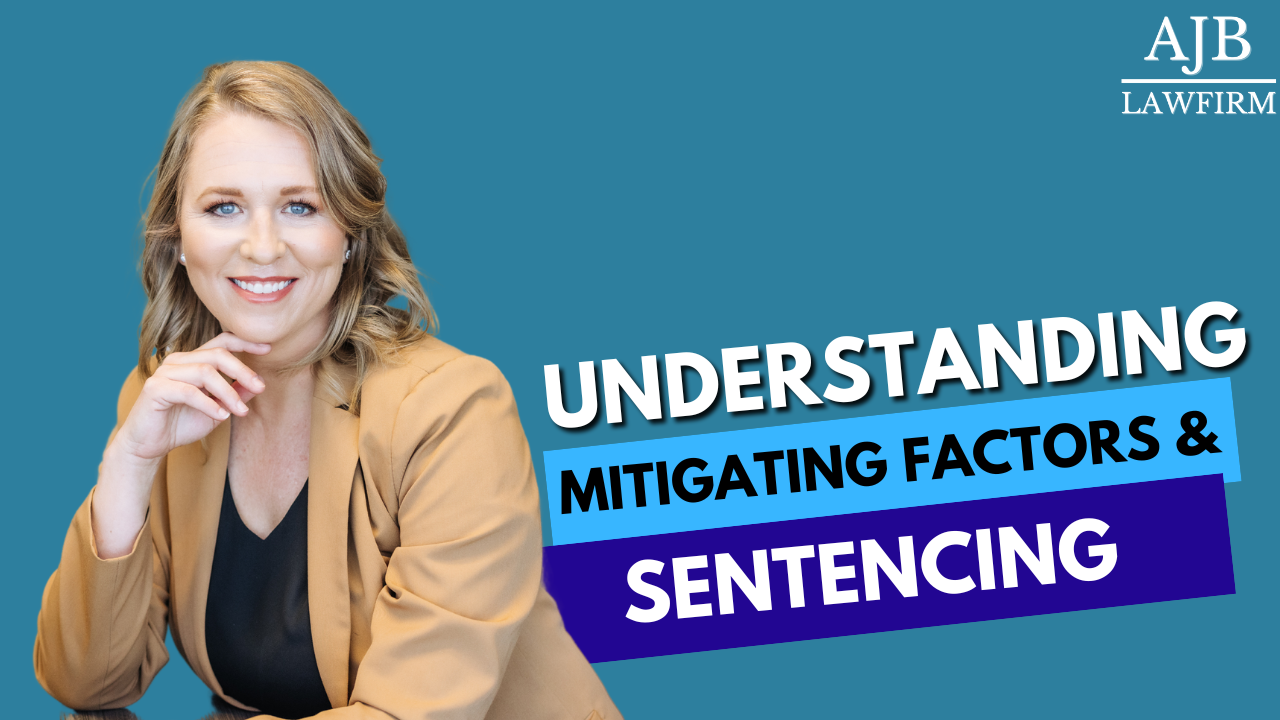Understanding Mitigating Factors and Rehabilitation in Arizona Law
In criminal defense practice in Arizona, the intersection of substance abuse at sentencing is a complex and crucial topic. For individuals facing criminal charges while struggling with substance abuse problems, it's essential to comprehend how these factors can influence sentencing outcomes. This blog post aims to shed light on the reasons why substance abuse should be considered a mitigating factor during sentencing and why probation can be an effective path toward rehabilitation within the legal framework of Arizona.
The Link Between Substance Abuse and Criminal Behavior
Extensive research has demonstrated a strong correlation between substance abuse and criminal behavior. The impairment of judgment, impulse control, and decision-making abilities resulting from substance abuse can lead individuals down a path of criminal activity they might not have pursued under different circumstances. Understanding this connection is vital for comprehending the underlying reasons behind certain criminal acts.
The Impact of Addiction on Free Will
Substance addiction can substantially diminish an individual's capacity to exercise free will and self-control. The compulsive nature of addiction can override rational decision-making, leading to actions that an individual might otherwise avoid. Acknowledging the diminished control brought about by addiction is pivotal when assessing appropriate sentencing measures.
Research has highlighted the ways addiction impairs the brain's executive functions, contributing to a loss of control over one's actions.
The Potential for Rehabilitation
Rather than solely focusing on punishment, the legal system increasingly recognizes the potential for rehabilitation. Substance abuse issues are treatable conditions, and rehabilitation can be a potent tool for addressing them. Opting for probation over incarceration provides individuals with an opportunity to access specialized treatment, counseling, and support services, substantially improving their chances of conquering addiction and reducing the likelihood of reoffending.
Cost-Effectiveness and Community Integration
Choosing probation over incarceration isn't solely about addressing the individual's needs—it also brings societal benefits. Probation is a cost-effective alternative, allowing individuals to maintain connections with families, jobs, and communities. This integration fosters ongoing support and mitigates the social and economic burdens associated with imprisonment.
In the context of Arizona law, acknowledging substance abuse as a mitigating factor during sentencing and advocating for probation as a means of rehabilitation can yield positive outcomes for both individuals and society. Understanding the intricate relationship between substance abuse and criminal behavior, the impact of addiction on free will, and the potential for rehabilitation allows for a more holistic and compassionate approach to justice. By leveraging these insights, criminal defense attorneys can better advocate for their client's rights while also promoting the principles of rehabilitation and reintegration within the legal framework of Arizona.
